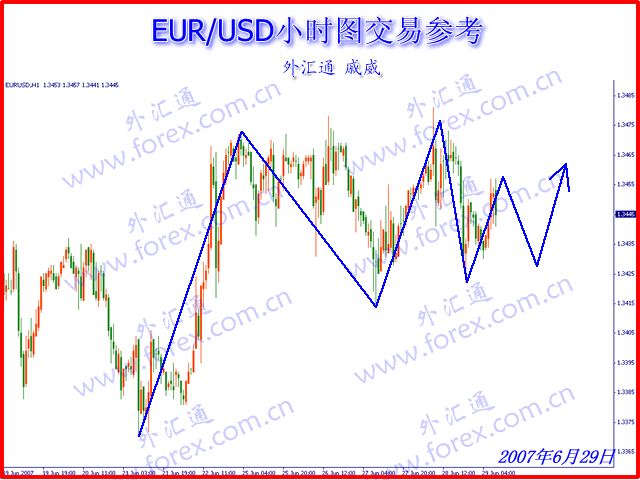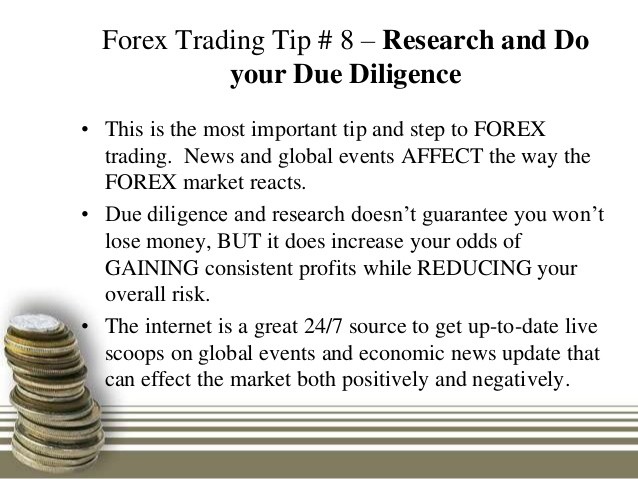FOREX DUE DILIGENCE
Post on: 24 Июнь, 2015 No Comment

Friday, May 19, 2006
With financial markets on the upswing, many consumers are re-evaluating their investment options. Solicitations to trade foreign currency contracts, also known as forex, are particularly tempting. Ads for high-return, low-risk investment opportunities in foreign currency trading are blanketing local newspapers, radio promotions and attractive Internet sites. Are these offers too good to be true?
Sometimes, they are. While much forex trading is legitimate, the Commodity Futures Trading Commission (CFTC) reports a sharp rise in foreign currency trading scams. How does one sort through the offers to select a reputable operation? The CFTC and the Better Business Bureau offer the following warning signs of fraud to those who are considering forex investment opportunities.
- Too good to be true claims. Get-rich-quick schemes are actually lose-everything-quick schemes. Be particularly cautious if you have recently acquired a large sum of cash. Retirees make easy victims.
- Offers that predict or guarantee large profits. Such claims are false! No person or business has a crystal ball that can predict the future.
- Offers that promise little or no risk. If the company claims that written risk disclosure statements are routine formalities imposed by the government, beware! Do not fall for promises that your investment is secure or that there is a maximum that you can lose per day.
- Pressure to invest funds that you cannot afford to lose. The currency futures and options markets are volatile; they contain substantial risks for unsophisticated customers. Reputable companies will permit you time to evaluate their offer and make an informed decision.
- Unwillingness to provide a performance record. Always obtain the company’s track record, and verify that data with other sources and someone whose financial advice you trust. Even the glossiest of brochures can contain false information!
- High-pressure tactics to send or transfer cash immediately. Phony currency trading firms have seized upon the Internet as an inexpensive way to reach potential customers. Many such firms are not located within the U.S. and do not display any information identifying their location. Once you transfer your funds offshore, it becomes very difficult or impossible to recover your investment.
- Reluctance to provide credentials or background information. Do not deal with anyone who will not give you requested information about their expertise, experience, and industry registration or relevant association membership details in writing!

Prior to purchasing any forex, check whether the company is registered with the CFTC (www.cftc.gov ) or is a member of the National Futures Association (www.nfa.futures.org ). Other sources of helpful information include your state securities commission (www.nasaa.org), Attorney General (www.naag.org/) and Better Business Bureau (www.bbb.org).
If in doubt, do not invest! If you can not get solid information about the company, the salesperson and the investment, why would you want to risk your money?
© 2003 Council of Better Business Bureaus, Inc.














